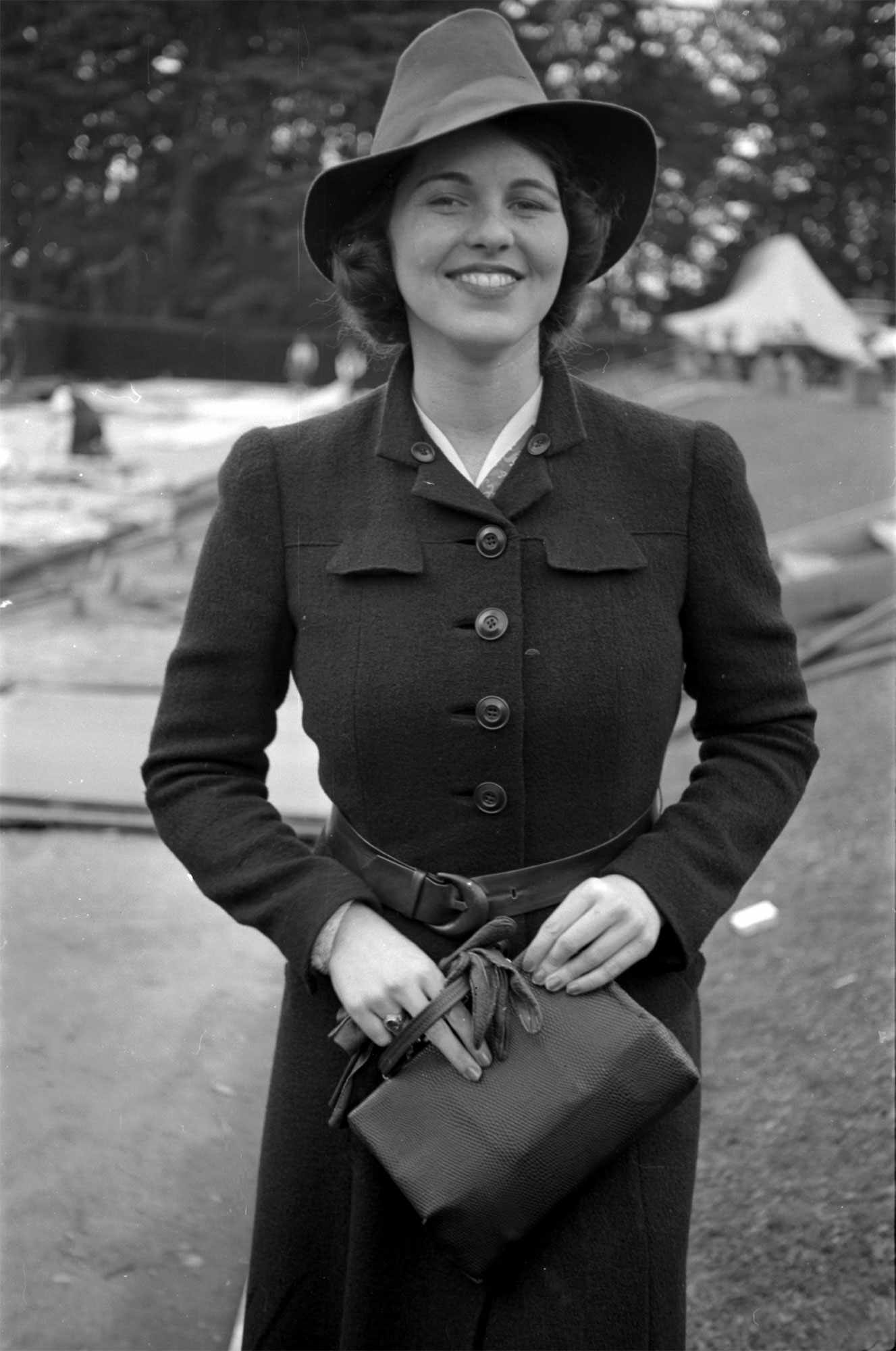>>>The Untold Story of JFK’s Sister, Rosemary Kennedy, and Her Disastrous Lobotomy
November 26, 2020>>>Oregon State Hospital to honor the cremated patient remains of ‘forgotten souls’ of the past in 2020 Ceremony
December 13, 2020This Thursday marks what would have been the 100th birthday of Rosemary Kennedy, the eldest daughter of Joseph P. Kennedy and his wife, Rose
This Thursday marks what would have been the 100th birthday of Rosemary Kennedy, the eldest daughter of Joseph P. Kennedy and his wife, Rose.
For many years, the story of JFK’s sister, who had an undiagnosed mental disability and was lobotomized at age 23, was shrouded in mystery.
A vivacious young woman with a sweet disposition, Rosemary’s life was dramatically altered when her father decided to have her undergo a pre-frontal lobotomy in November 1941, a procedure that left her with the mental capacities of a toddler and requiring round-the-clock care. Afterwards, she lived quietly in a Wisconsin institution for the intellectually disabled, where she was cared for by nuns and died in January 2005 at age 86.
But for one family in Ireland, there was always a more personal side to Rosemary’s story.
Back in 1938, when Joe Kennedy was Ambassador to Great Britain, Rosemary traveled to Ireland and England for three weeks in the care of a chaperone, Dorothy Smyth, a young Irish woman who was hired by Rosemary’s parents to look after her.
Smyth showed Rosemary the local sights and kept her company. After leaving Ireland, Rosemary would occasionally write to her new friend to tell her of her life in Europe. After Smyth died in the mid-1960s, her family kept the letters. “The letters were part of our family history,” says Smyth’s nephew, Michael Fisher, 66, an Irish journalist.
Kate Larson, who wrote the bestselling biography of Rosemary, The Hidden Kennedy, says, “The letters are important because they reflect Rosemary as much younger, intellectually, than her 20 years and that she had a full life and her family included her. They were written before Rosemary’s lobotomy and they reveal the loss more acutely. To see the childish scrawl and her gratitude [to Dorothy] just makes the loss all the more real.”
“For Rosemary, many of these hired companions were substitute girlfriends,” Larson explains. “She often became emotionally attached to them, signing her letters ‘Best Love from your darling Sweetheart,’ and ‘Lots of Love and Kisses.’ ”
“There is a childhood innocence about the letters,” says Michael Fisher.
“When you read the letters or look at the pictures of her going to a ball in London in a formal dress when she was introduced to society and then you reflect on her lobotomy, that is the story of Rosemary,” Fisher notes. “Everything faded after the lobotomy and she wound up in a home for all those years, away from the public.”
In one letter, she describes a trip to Cannes, France, and the excitement of “changing into three planes, all by myself.” When she landed, Rosemary writes, “As I was going off the plane they wanted to take my picture. ‘Miss Kennedy, please[!]’ ”
In the same letter, written from the south of France, where she and her siblings joined their mother in August 1938, Rosemary wrote, “Marlene Dietrich[’s] daughter is down here. And very attractive.”
According to Rosemary’s biographer, Kate Larson, “Marlene Dietrich was there with her daughter, Maria. Dietrich would begin an open affair with Rosemary’s father, Joe, that summer. Maria, seven years younger than Rosemary, spent the days at the resort as Rosemary’s friend.”
In the mid-1990s, Fisher’s family gave the letters to Rosemary’s surviving sister, Jean Kennedy Smith, when she was ambassador of Ireland, with the hope they would someday be displayed by the JFK Library in Boston.
“My mother decided they should be returned to the Kennedy family,” says Fisher. “We got a formal and brief acknowledgement that the family had received them.”
For Larson, the letters are another clue to the woman who’s story was never told during her lifetime.
“Rosemary’s voice had been silenced for so long and she would want her voice to be heard,” says Larson, who is speaking on Sept. 13, Rosemary’s birthday, at the John F. Kennedy National Historical Site in Brookline, Massachusetts, the home where Rosemary was born.
“People with disabilities have voices too and they deserve to be heard,” says Larson. “And Rosemary needs to be heard and to remind the public about what happened to her, and the way the world was, not so long ago.
“Her birthday is a great opportunity to share her story because the Special Olympics (founded by Rosemary’s sister, Eunice Shiver) is also celebrating their 50th anniversary this year and Rosemary’s legacy is the Special Olympics. And even after the Americans with Disabilities Act, which the Kennedy family was involved with pushing forward, there’s still a need for legislation, resources and health care for people with disabilities.”
“There is still stigma, especially with mental health issues and mental illness,” Larson notes. “There are millions of people suffering and their families are suffering. We need to talk about it and make changes in the world so people can get the resources they need to treat mental illness and live full lives.”
“We still have a long way to go,” says Larson. “Rosemary and her story is a way to move the needle forward.”



